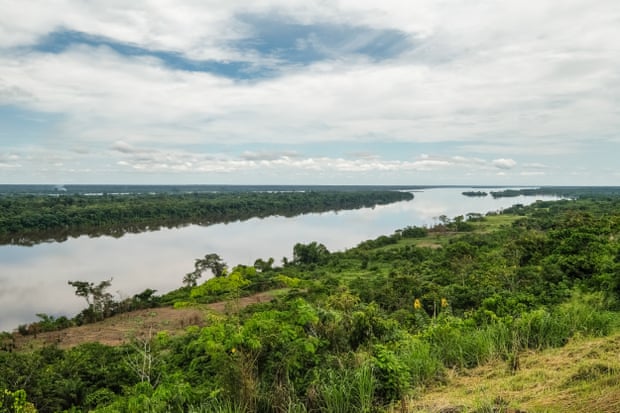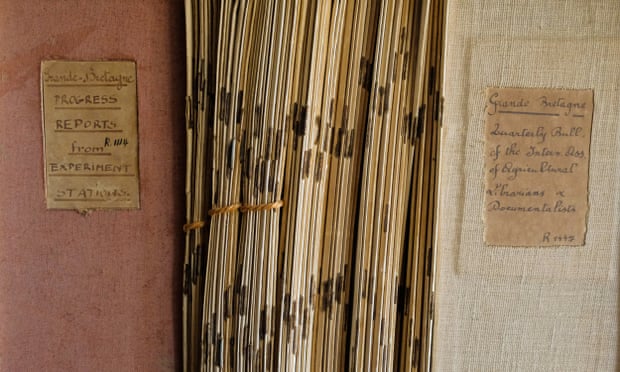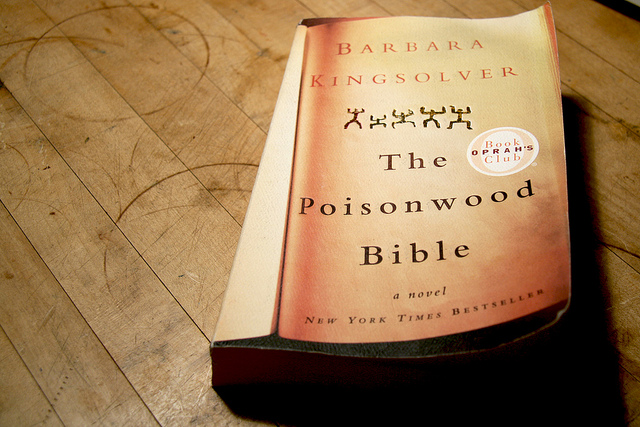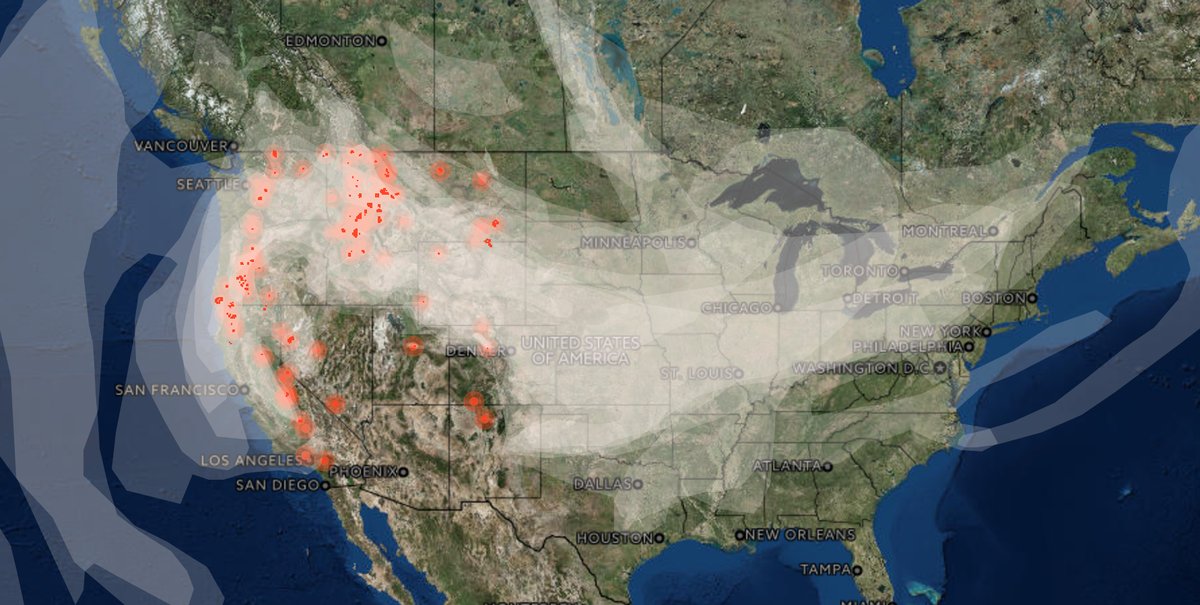
Charter of the Forest, signed Nov 6, 1217
Were you aware that when the British Magna Carta was signed 800 years ago it took place beneath some towering trees, a thousand years old or more at the time, one of which was still standing in 2015 at the anniversary? If "yew" didn't (my apologies), join the club. And did you know that two years later another charter was established two years later as a companion to the Magna Carta called the Carta de Foresta, or Charter of the Forest? Nah, I didn't know that either! In 1215 the British monarch had a monopoly on as much as a third of the extensive forests of the land, including Sherwood Forest. This monopoly was lucrative for the king but oppressive for the common schmo.
The reforms of the Magna Carta led to a new model for managing forest resources. The charter stated: “Every free man may henceforth without being prosecuted make in his wood or in land he has in his forest, a mill, a preserve, a pond, a marl-pit or a ditch, or arable outside the covert in arable land, on condition that it does not harm any neighbour.”
With this clause, responsibility for the stewardship of common resources on forest land shifted from the monarch to the community. The last clause of the charter asserted: “These liberties concerning the forests we have granted to everybody.”
This is the 800th anniversary of that historic charter, which set precedent for many other land use agreements around the world, including here in Canada.
It makes sense then that today marks the launch of an ambitious project called The Charter for Trees, Woods, and People, which has incorporated the participation of thousands of Britons. https://treecharter.uk/ Citizens are invited to sign the Charter as a sign of support for the principles.
We have a lot of trees in Canada, with a massive boreal forest. Just the same, we have taken our trees, woods and First Peoples for granted in ways that border on abuse.
I would hope that Christians whose story begins and ends with trees of life, and whose Saviour died on the "tree" would appreciate the practical importance of sustainable woods and forests.
Any tree-huggers out there (I are one!)? Would it make a difference for Canadians to have a similar Charter? I don't think we'd be required to build a castle for the launch.









